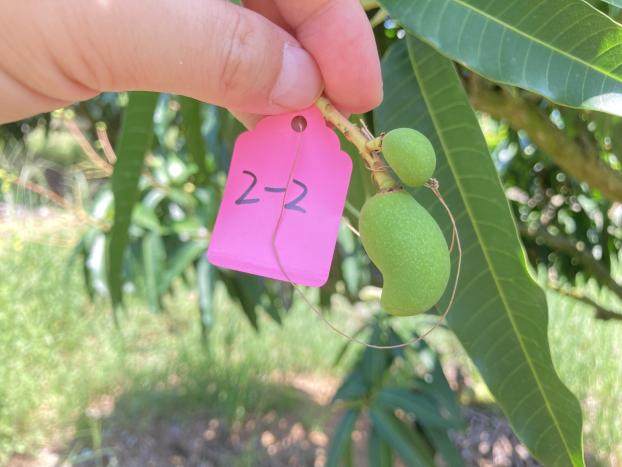AMVAC’s Bob Trogele Interviews Pacific Agriscience’s CS Liew About Biorational Company Successes and Advice for CEOs
Welcome to AgriBusiness Global Report, a show that brings you executives interviewing executives or experts working in the agrochemical, biological, and plant health industries. In this show, Bob Trogele, Chief Operating Officer of AMVAC Corporation interviews CS Liew, Managing Director of Pacific Agriscience. They’ll discuss what companies entering the biorational space can do to be successful. They’ll also discuss advice for CEOs in agriculture when looking at how to grow their businesses.
If you have trouble viewing the video, please click here.
*This is partial and edited transcript.
Bob Trogele: What do you see as the top key success factors for any company entering the biorational space?
CS Liew: For biostimulants and biopesticides within the biorational space, I would say, the first thing is to get data. Going back 10 years ago, growers looked at bioproducts as snake oil because scientists tended to overclaim what their products could do. So successful companies need to demonstrate a return on investment and steer away from overclaiming.
Another major aspect in terms of success in the biorational space is cost effectiveness. There’s a tendency for biorationals to be more costly for farmers to use compared to chemical pesticides, especially generics. So for any company wanting to succeed, they have to look into the cost effectiveness aspect as well.
One more thing is to know the performance of the products. Some of the biorationals are derived from microorganisms, which are living things that can mutate. If a company is pulling metabolites out of a bacterium, for instance, they have to make sure they don’t mutate, which may reduce performance. I’m just using that as an example but companies need to have a focus on performance and consistency in performance.
BT: If you had to make some recommendations to CEOs and executive teams for the next 5 years with regard to investing in the agribusiness space and how they would resource that, how would you go about that? What advice would you give to CEOs in that regard?
CSL: An area that I think has value is the startups in the biorational space. There are lots of them under distress because they can’t get funding and are running out of cash. Keep a lookout for those good technologies in the biorationals and also post-harvest sector. In Africa, Asia, and Latin America, they are still quite far behind in post-harvest technologies. So there’s a lot of room there for investments.
And, of course, gene editing. We no longer want to talk about genetic modification, which could take 12 to 15 years and costs USD$140 or $150 million to come up with one trait. With gene editing, the process speeds up to something like 5 years and costs USD $4 or $5 million for one trait. So that’s another area of focus. Also, the good thing about gene editing, from the regulatory standpoint, is that it’s not looked upon as harshly as genetic modification. Although having said that, the EU may not look at it that way.






